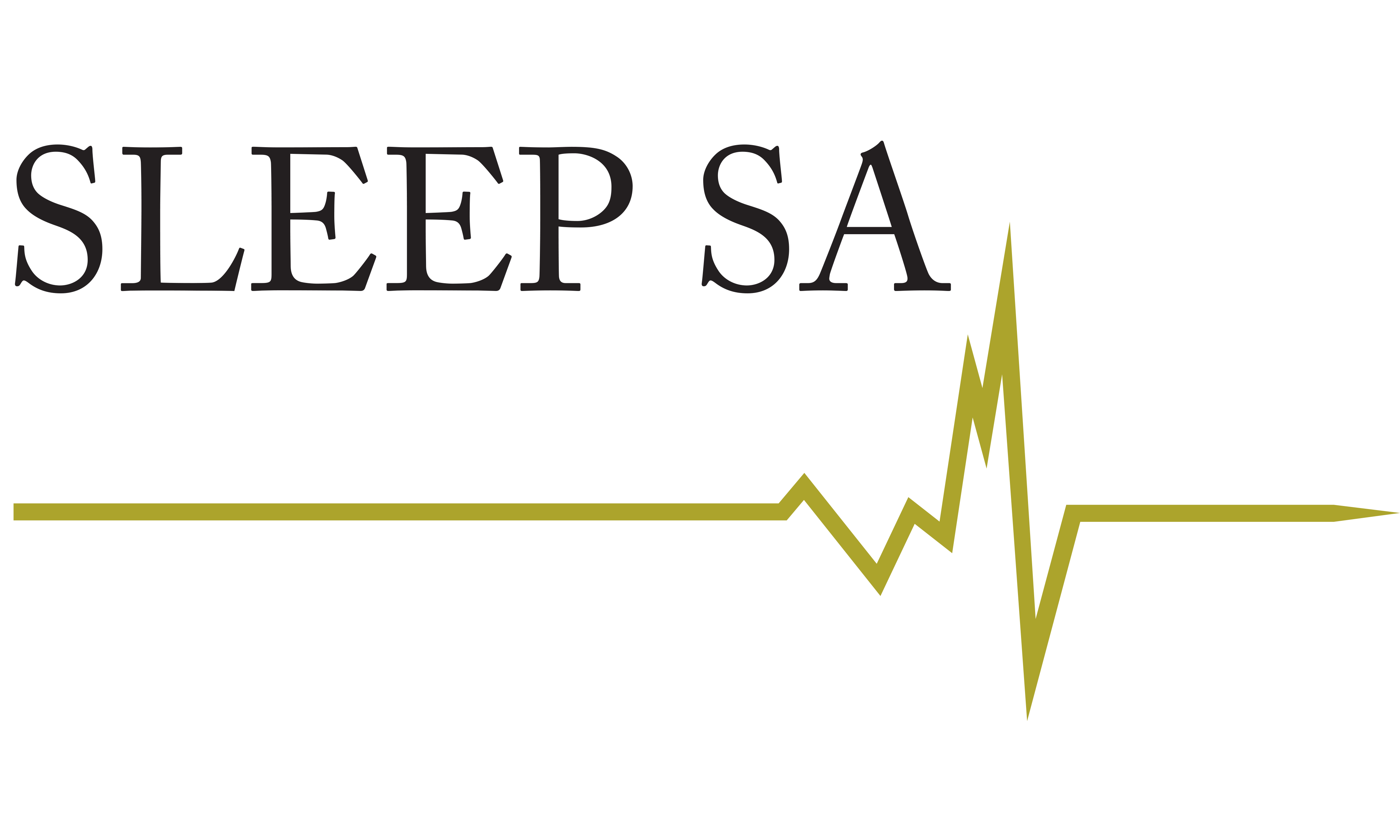What is snoring?
Snoring is a sleep and breathing disorder, which occurs when the breathing passage is partially obstructed by a narrowing of the upper airways. During sleep, the muscles of the upper airway relax, producing noisy breathing through the mouth and nose.
Snoring is very common, and may affect a large percentage of the population from time to time. Up to 30% of the population are habitual snorers. The actual snoring noise is produced by a vibration of the tissues in the throat.

Factors that contribute to snoring
- Age – As you get older, your muscle tone in the tissues of the throat is reduced
- Overweight/Obesity – Collections of fat may compress and narrow the throat
- Abnormal Nasal Anatomy – Such as deviated nasal septum and nasal polyps
- Enlarged tonsils or adenoids
- Alcohol and certain medication such as tranquilisers or sleeping tablets
- Sleeping on your back
- Stress, overwork or overeating – Exaggerate conditions leading to snoring, producing over-relaxation of airway muscles and tissues
- Smoking – though it is not a direct cause of snoring, smoking may contribute by producing excess mucus, which causes the membranes in the throat to swell and restrict the air passages.
When does snoring indicate a more serious problem?
Snoring occurs with the partial collapse of the upper airway, as the muscles relax whilst asleep. As the upper airway collapses further, snoring can lead to sleep-disordered breathing. The most common form of sleep-disordered breathing is Obstructive Sleep Apnoea (OSA).
You can read more about OSA here.
If you snore loudly with occasional pauses in breathing, and you frequently wake up during the night, you may be suffering from Sleep Apnoea. Ask your partner, or a member of your family to listen for signs of this disorder.
Treatments for Snoring
Initial treatments for sufferers of snoring include:
- Weight reduction (especially if BMI is excessively high)
- Quitting smoking
- Keeping the nose as clear as possible by using a pharmaceutical nasal spray or nasal/snoring strips
- Sleep with the head of bed elevated (this reduces nocturnal nasal congestion)
- Use pillows under the head end of the mattress – only two thin or one thick on top of the mattress to maximise pharyngeal size.
- Reduce or stop consumption of alcohol in the evening (at least 3-4 hours prior to sleep)
- Check Thyroid functions
If these steps don’t ease symptoms, you can be referred to Sleep SA for a Sleep Study to screen for other sleep disorders, such as Obstructive Sleep Apnoea.
